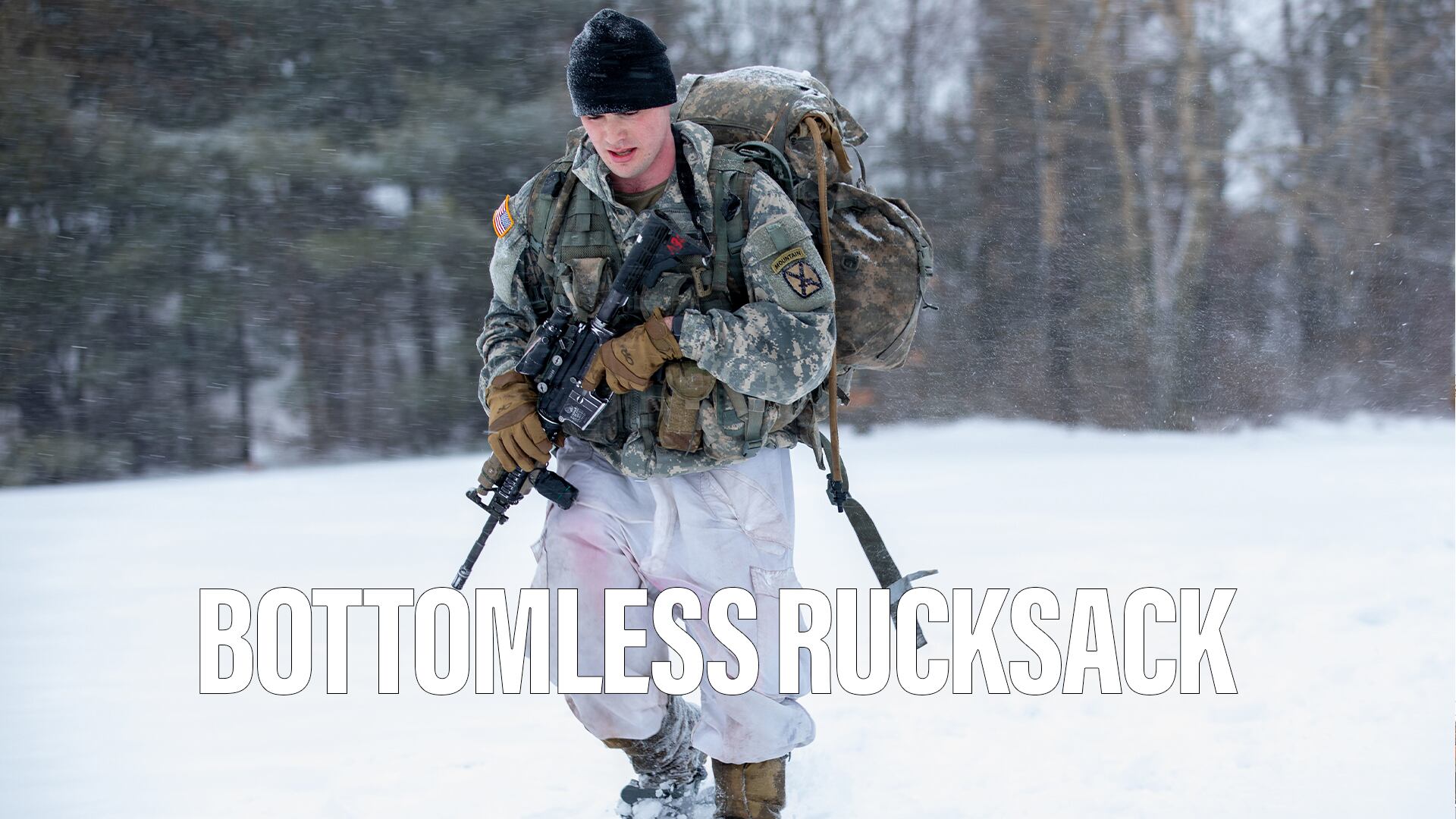WASHINGTON — In his first visit to Israel as US secretary of defense, Ash Carter is flagging threats posed by Iran and the Islamic State, while his host, Defense Minister Moshe Ya'alon, is focusing pretty much exclusively on Iran.
In meetings Monday in Tel Aviv followed by a joint tour of Israel's northern border with Syria and Jordan, both men stressed the need to fortify bilateral strategic cooperation against extremism and aggression.
But while Ya'alon today exhorted against "the evil powers" led by "the merciless terror regime of Iran," his counterpart vowed to counter "violent extremism in the region, including especially ISIL."
Even prior to landing in Israel Sunday, Carter told the Pentagon's traveling press corps that his trip would focus on Iran, "but also on ISIL, the two principal security challenges the US and its friends and allies face in the region."
According to a readout of the airborne press conference en route to Tel Aviv, Carter insisted last week's nuclear deal between Iran and world powers places no limitations on what Washington "can and will do with our friends and allies to carry out our strategy in the region."
Carter told reporters a so-called military option is an inherent part of Washington's regional strategy.
"And that strategy involves a robust posture to support the defense of our friends and allies; to deter aggressive behavior, including by Iran; to counter malign influence, including by Iran; to maintain the military option … to ensure freedom of navigation; and then also, very importantly, to counter violent extremism in the region, including especially ISIL."
In a July 20 tour along Israel's northern border, Carter received briefings from Maj. Gen. Yair Golan, a former commander of Israel's Northern Command, now serving as deputy chief of staff of the Israel Defense Forces (IDF). Following the tour, Ya'alon's office released the following:
"The nations surrounding us are falling apart and are being replaced by a multitude of terror organizations armed not only with advanced weaponry, but with murderous ideology. … The situation demands all of us — the US, Israel and other nations — act wisely, responsibly and soberly to identify opportunities to act together to vigorously combat these threats.
"We must prevent the evil powers, including the merciless terror regime of Iran, [Syrian President Bashar] Assad's regime, Hezbollah, Hamas and the global Islamic Jihad from further igniting the already enflamed Middle East," Ya'alon said.
As for Iran, the Israeli defense minister acknowledged considerable gaps between US and Israeli strategies, especially with regard to Iran. "We greatly disagree when it comes to the agreement with Iran and the fear for the future in the aftermath of its signing."
Ya'alon described US-Israel strategic cooperation as "a core pillar" of Israeli national security strategy and something that must be preserved and fortified.
"Even the deepest divisions — and there are such differences of opinion between us — will not impact our great friendship and solid relationship," he said.
Ya'alon added that the scope and depth of US-Israel ties is "unprecedented" and singled out cooperation between the Pentagon and MoD, between the two militaries and between the intelligence communities and defense industries for particular mention.
"There is no greater friend of the state of Israel than the USA, who provides us our strategic backbone. At this very moment, as we stand here, the US and Israel continue working together on highly sophisticated technological ventures, joint military training and other cooperative products," said the Israeli defense minister.
During his airborne press conference, Carter told reporters he did not expect to "change anybody's mind in Israel" with regard to opposition to the Iran nuclear deal. In any case, he insisted that was not the purpose of his trip.
"Obviously we believe that the nuclear deal promotes the security in the region, the American strategy and also the defense of Israel. … But as I said, friends can disagree. But we have decades of rock solid cooperation with Israel.
"We can agree to disagree about the deal. We think it's a good deal. But the deal doesn't limit the US in any way. ... It doesn't limit what we can and will do in defense of our good and staunch friend Israel."
He added, "There is nothing in those hundred pages that places any limitations upon the US and what it does to defend its interests, secure its strategy in the Middle East region, or defend its friends and allies, including Israel."
Carter refused to comment on Israel's so-called military option when asked if the Jewish state may opt to exercise its right to self defense. Nevertheless, he did say that he would be discussing how to preserve and fortify Israel's edge against regional adversaries.
"We have a number of things immediately in mind that we're working on with Israel, about their so-called qualitative military edge, ballistic missile defense, counterterrorism activities, a whole host of things that we're doing with Israel, and doing more, and prepared to do more."
Tomorrow, Carter will meet with Prime Minister Benjamin Netanyahu before heading to Saudi Arabia, where he will meet with senior officials of all Gulf Cooperation Council states; and then Jordan, where he will continue to focus on ISIL and Iran.
Email: bopallrome@defensenews.com
Opall-Rome is Israel bureau chief for Defense News. She has been covering U.S.-Israel strategic cooperation, Mideast security and missile defense since May 1988. She lives north of Tel Aviv. Visit her website at www.opall-rome.com.








